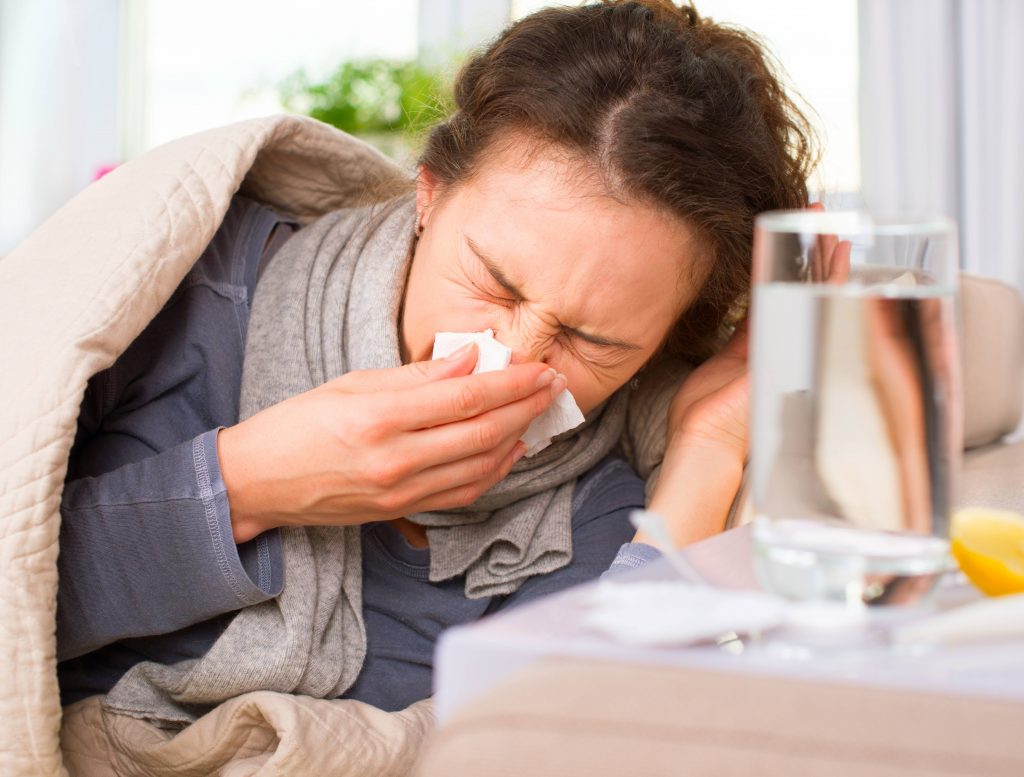
Pneumonia
If you have a cold or the flu, symptoms can last from days to more than a week. But if your fever, cough and feelings of being run-down persist, you may have pneumonia. This lung infection inflames the air sacs in one or both lungs. The air sacs may fill with fluid or pus, causing cough with phlegm or pus, fever, chills, and difficulty breathing. Pneumonia can range in seriousness from mild to life-threatening. It is most serious for infants and young children, people over 65, and people with health problems or weakened immune systems. Learn more about the symptoms of pneumonia and when you need to seek medical care.
***
Also in today's tips ...
Quick guide to treating a fever
A fever is a common sign of illness, but that's not necessarily a bad thing. Fevers seem to play a key role in fighting infections. So should you treat a fever or let the fever run its course? Here are some guidelines that may help you decide.
Video: 'Migraines and Vertigo'
With vertigo, you may feel that you or your surroundings, or both, are spinning or moving when they are not. Many bouts of vertigo are caused by crystals in the inner ear that come loose. But for some people, the sensation happens due to migraine — the same condition that can cause severe headaches. Hear from Lori Taylor, who has migraine-related vertigo, and Dr. Scott Eggers, her Mayo Clinic neurologist.
Brown fat and weight loss: Is there a connection?
Brown fat, also called brown adipose tissue, is a special type of body fat that is turned on, or activated, when you get cold. Brown fat produces heat to help maintain your body temperature in cold conditions. Researchers are looking at whether brown fat's calorie-burning properties can be harnessed for weight loss. Learn more from Dr. Donald Hensrud, medical director of the Mayo Clinic Healthy Living Program.
Arthritis pain: Treatments absorbed through your skin
Topical pain medications are absorbed through your skin. The most common varieties are creams or gels that you rub onto the skin over your painful joints. Some come in a spray or a patch that sticks to your skin. Opinions differ on the effectiveness of over-the-counter topical pain medications. While many people say these products help relieve their arthritis pain, scientific research reveals only modest benefits. Here's what you need to know.







